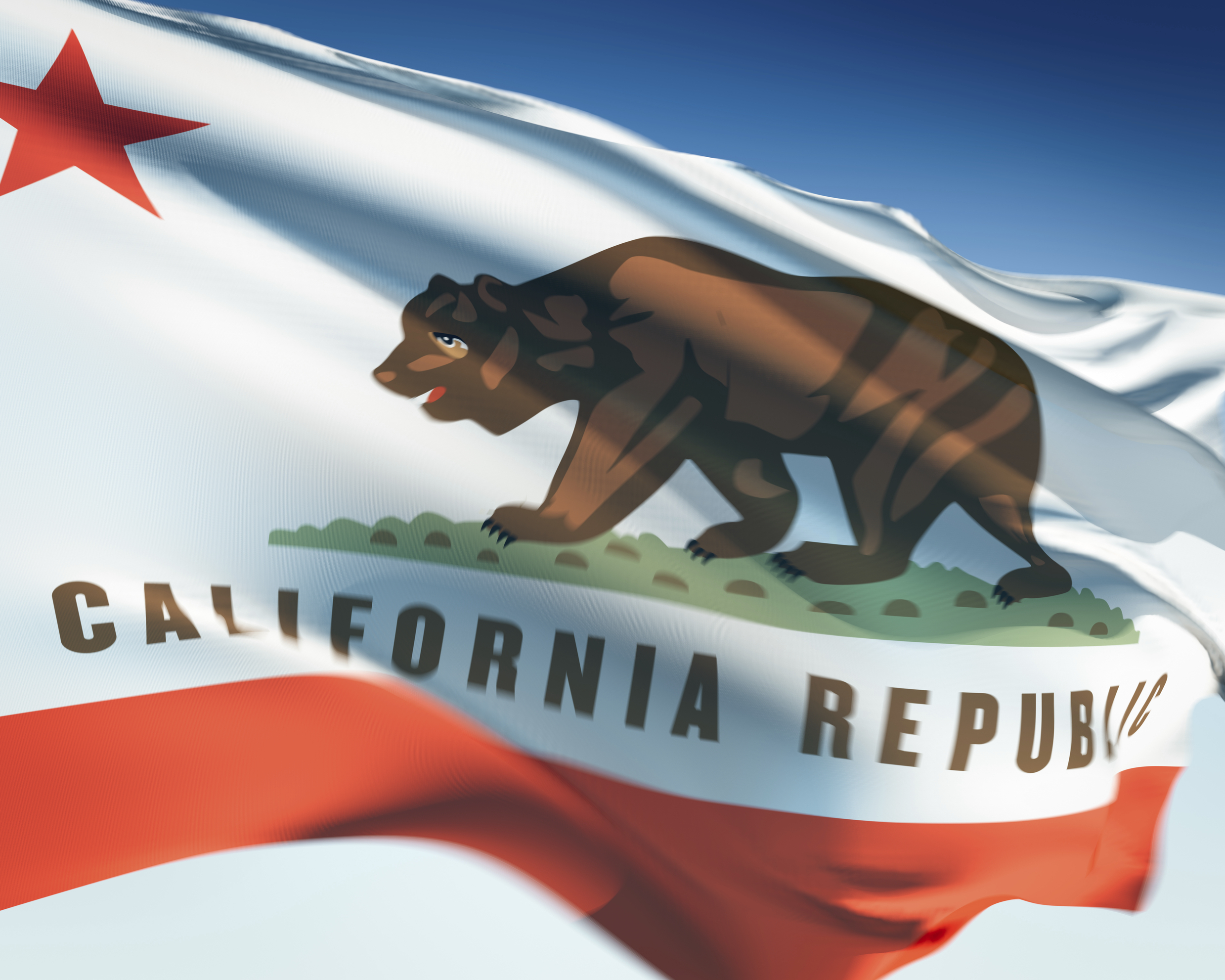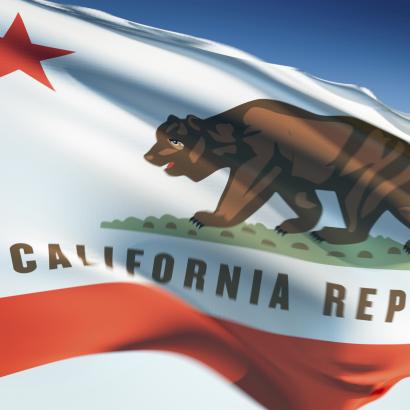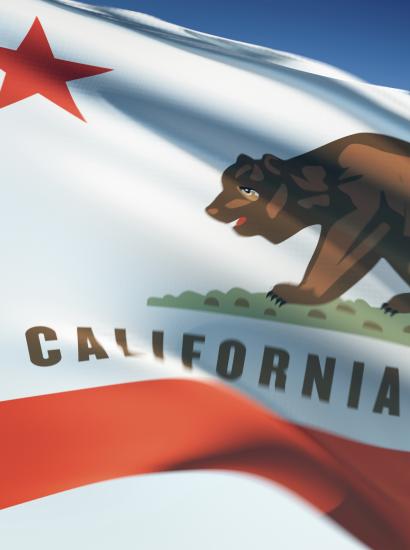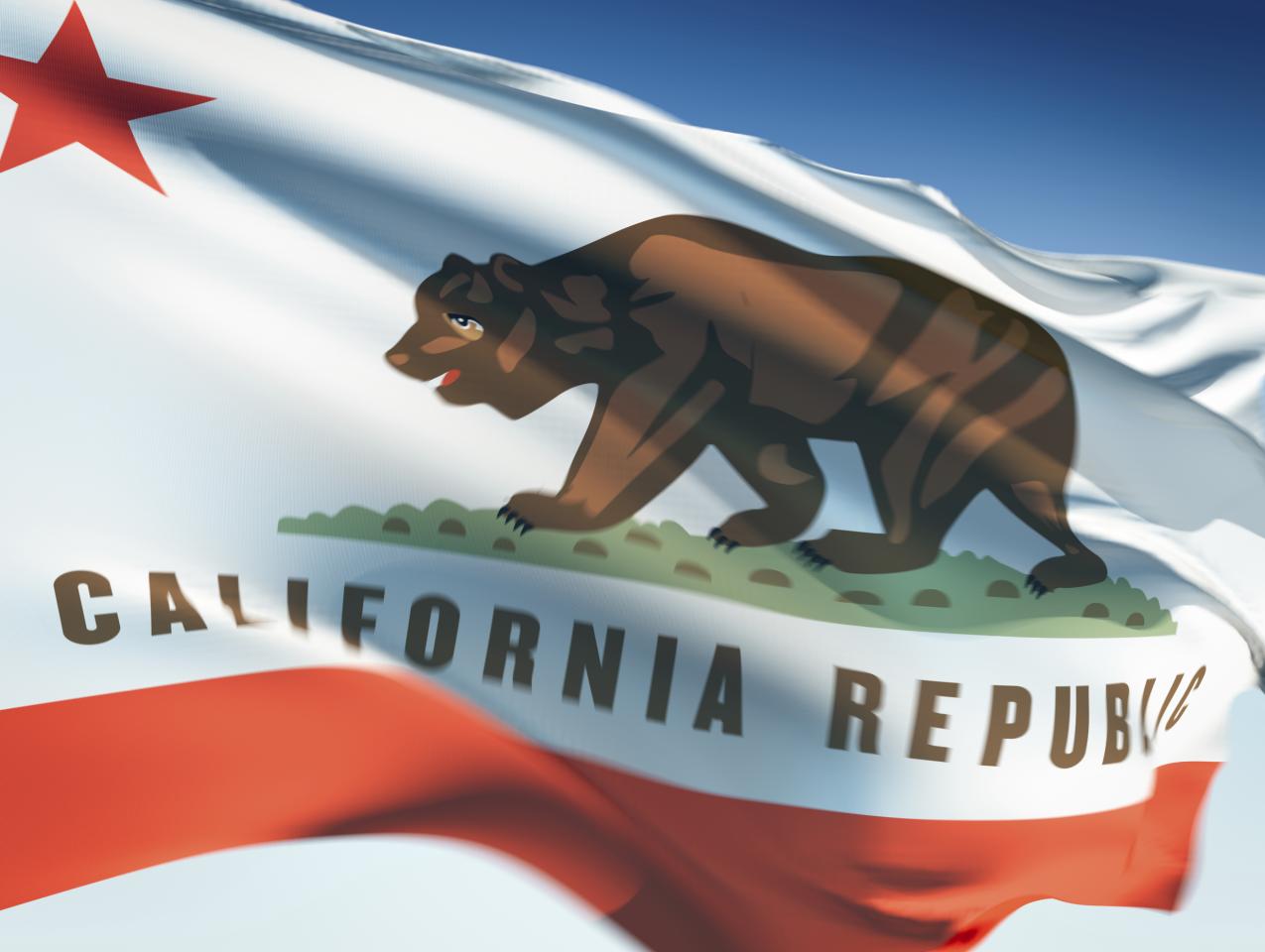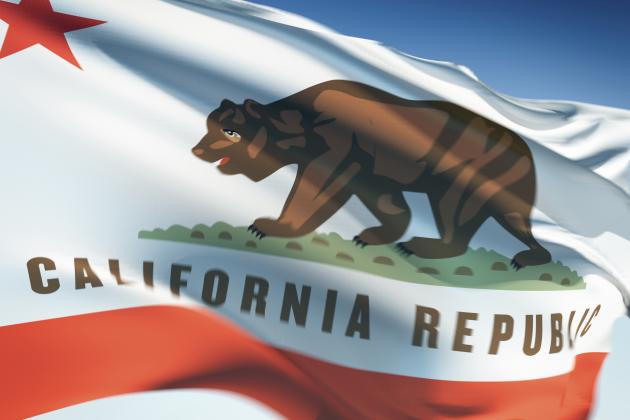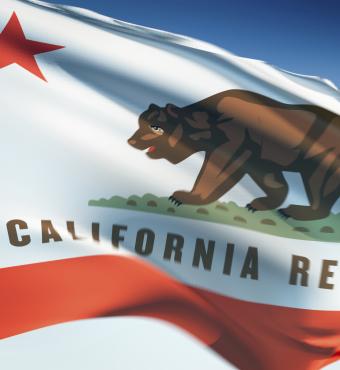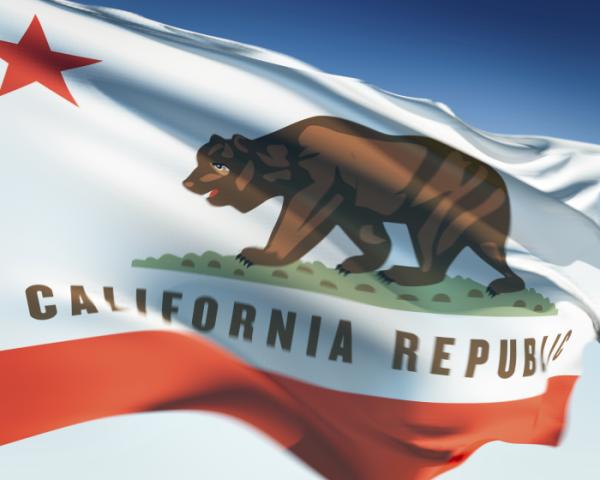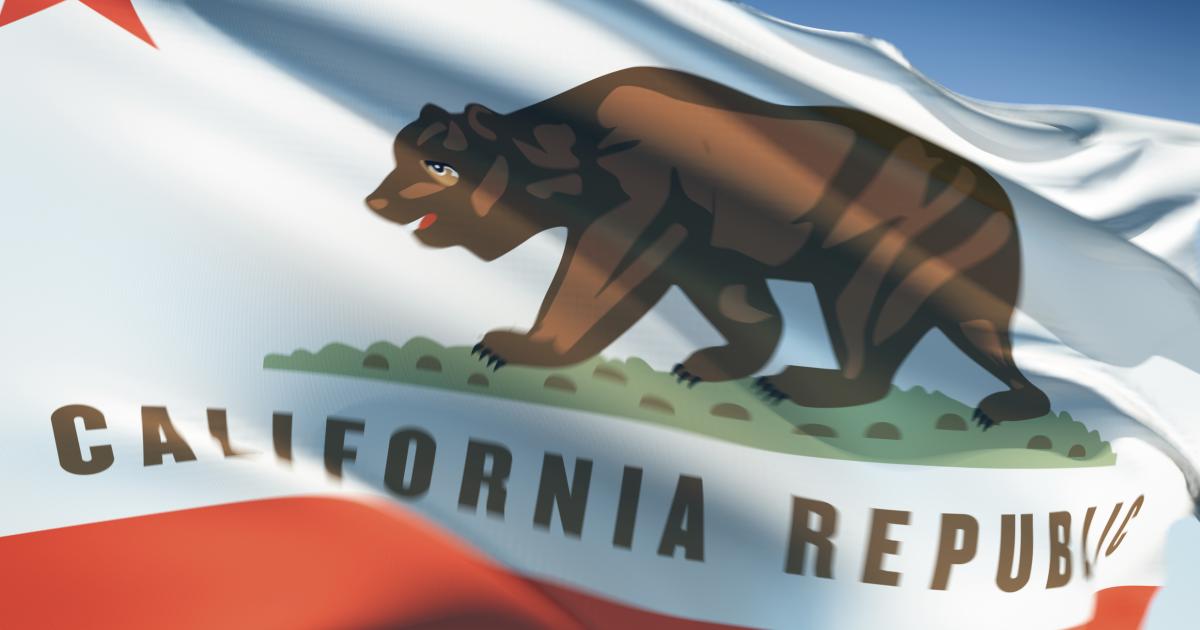- Economics
- Politics, Institutions, and Public Opinion
- State & Local
- California
California politics has long been dominated by the Democratic party. But many voters, including some of the 35 percent who are independents, do not approve of what the Democratic party has—and has not—been doing for the state. Surveys show substantial voter disapproval of both the state legislature and Governor Gavin Newsom. Only one-third of voters approve of the legislature, and less than half of voters approve of Newsom’s job performance.
The reason for disapproval is clear. For most Californians—including many from households with six figure incomes—California is becoming unlivable. Voters are fed up with poorly performing public schools, the worst housing affordability and homelessness in the country, high energy costs, high taxes, a business climate rated among the worst in the country, enormous unfunded pension liabilities, and the list goes on. And on.
If you want to live in a good school district near the major coastal locations of San Francisco, Silicon Valley, Los Angeles, Orange County, or San Diego, then you better have a household income well in excess of $200,000 per year. Or know someone who will buy you a home. Or who will pay your rent.
Voters see Sacramento not only failing to solve these problems but implementing new policies every year that makes these problems worse. These include a new energy mandate that requires new homes to have solar panels, thermal windows, extremely efficient appliances and lighting, and over-the-top insulation, and which will add up to $40,000 to the cost of a new home. Another new law places such onerous constraints on independent contractor relationships that it will deprive many Californians of the opportunity to make a living.
Voters see their governor prioritizing traveling to El Salvador over fixing the many pressing problems at home. They see a local government that chooses to ban plastic cocktail toothpicks while millions of used plastic hypodermic needles litter city streets. They see a dysfunctional transportation department that can’t build train tracks without being sued for forgetting to obtain all required legal authorizations and permits.
This is predictably what happens when there is a monopoly, as what now exists politically in California. In a monopoly situation, in which there is no choice, the consumer loses. And loses big. Monopolies do not face competitive pressure and thus are not required to deliver. And this is exactly what is going on in California politics today.
Now, Tom Campbell, a five-time member of the California legislature, and who also has taught law and economics at the university level, is hoping to change this. Campbell was a popular Republican representative who was elected and reelected in the San Francisco Bay Area, which has long been a Democratic stronghold in the state. He was a Republican representative who was elected and re-elected in the San Francisco Bay Area, which has long been a Democratic stronghold in the state.
Campbell is interim chair of the proposed Common Sense Party, which needs 67,000 signatures to be able to participate in statewide elections. The party, which began late last year, has about 20,000 signatures thus far.
Because of the political monopoly and the longstanding laundry list of severe economic problems facing the state, a third party may have a much better chance in California than one would typically have in other states. Sixty-one percent of Californians say a third party is needed, according to the Public Policy Institute of California.
The party’s broad agenda is centrist, with a focus on limited government, fiscal conservatism, and socially moderate policies. The party has drawn considerable interest from Latinos and those of Asian and Indian descent. Interestingly, it is these demographic groups which are among those being served most poorly within the state.
Many Latino families struggle with housing costs that far exceed recommended rental payments based on their income, and many of their children attend schools performing far below any reasonable levels.
Asian families express considerable concern over discrimination, particularly with respect to college admissions, in which it has become increasingly difficult for high-performing students from Asian backgrounds to be admitted to colleges within the UC system.
A third party just needs to be big enough in order to put competitive pressure on the existing monopolist to stand and deliver. Relatively small changes can make a world of difference. Schools will become remarkably better by reforming teacher tenure rules, developing merit-based pay, and using today’s technology to help struggling teachers learn how to teach and manage a classroom better. Housing will become less costly with modest reforms to the California Environmental Quality Act, which has become weaponized to block development and strongarm developers into making payoffs to special interest groups. Government in general will become better by adopting statewide uniform accountability rules for managers.
All these reforms have been proposed, yet incumbent state and local politicians, who are supported by powerful special interests, have refused to make these changes. Competitive political pressure will make a difference.
Any political party must face competition. The Common Sense Party could make a real difference for California.







